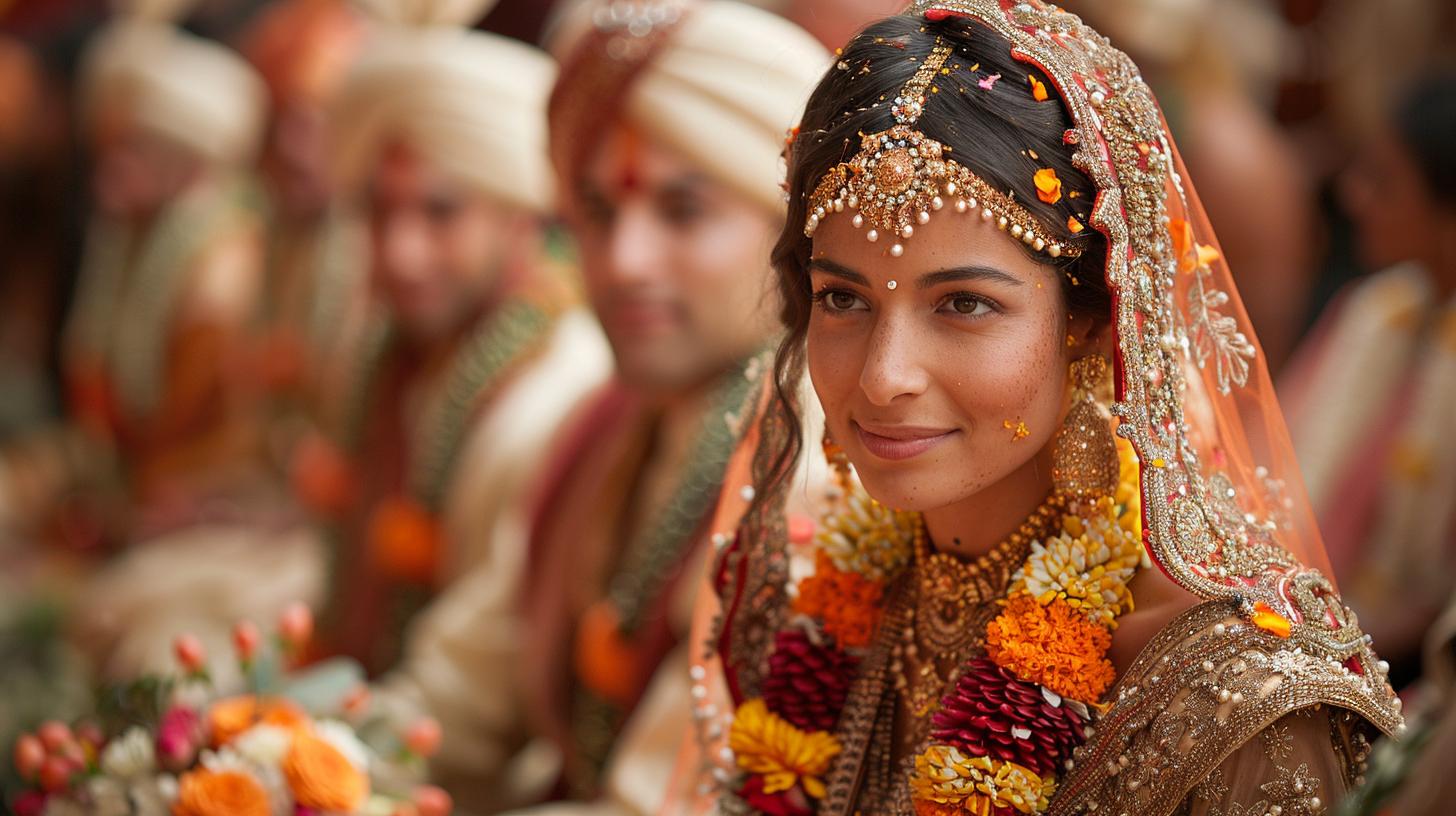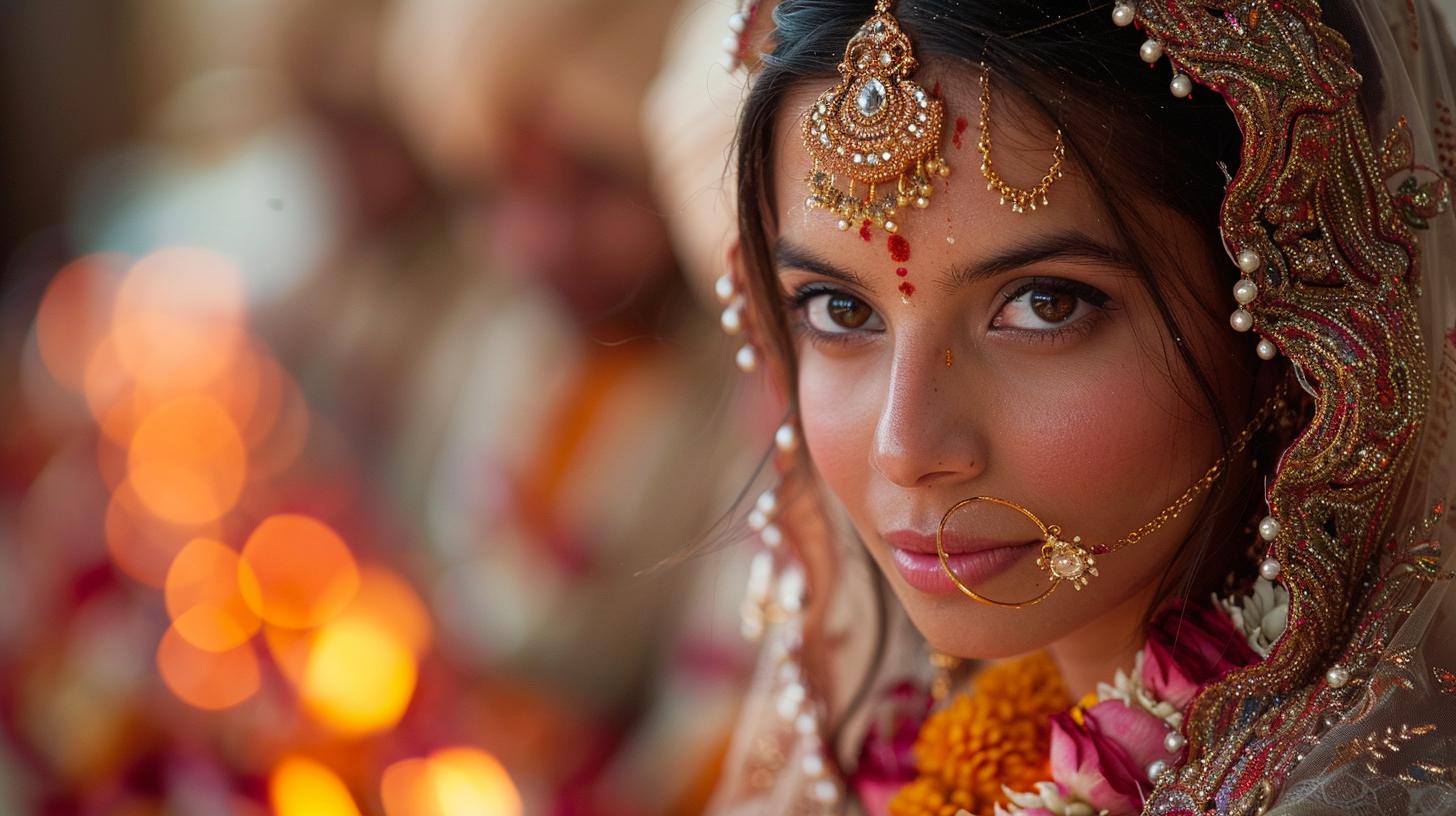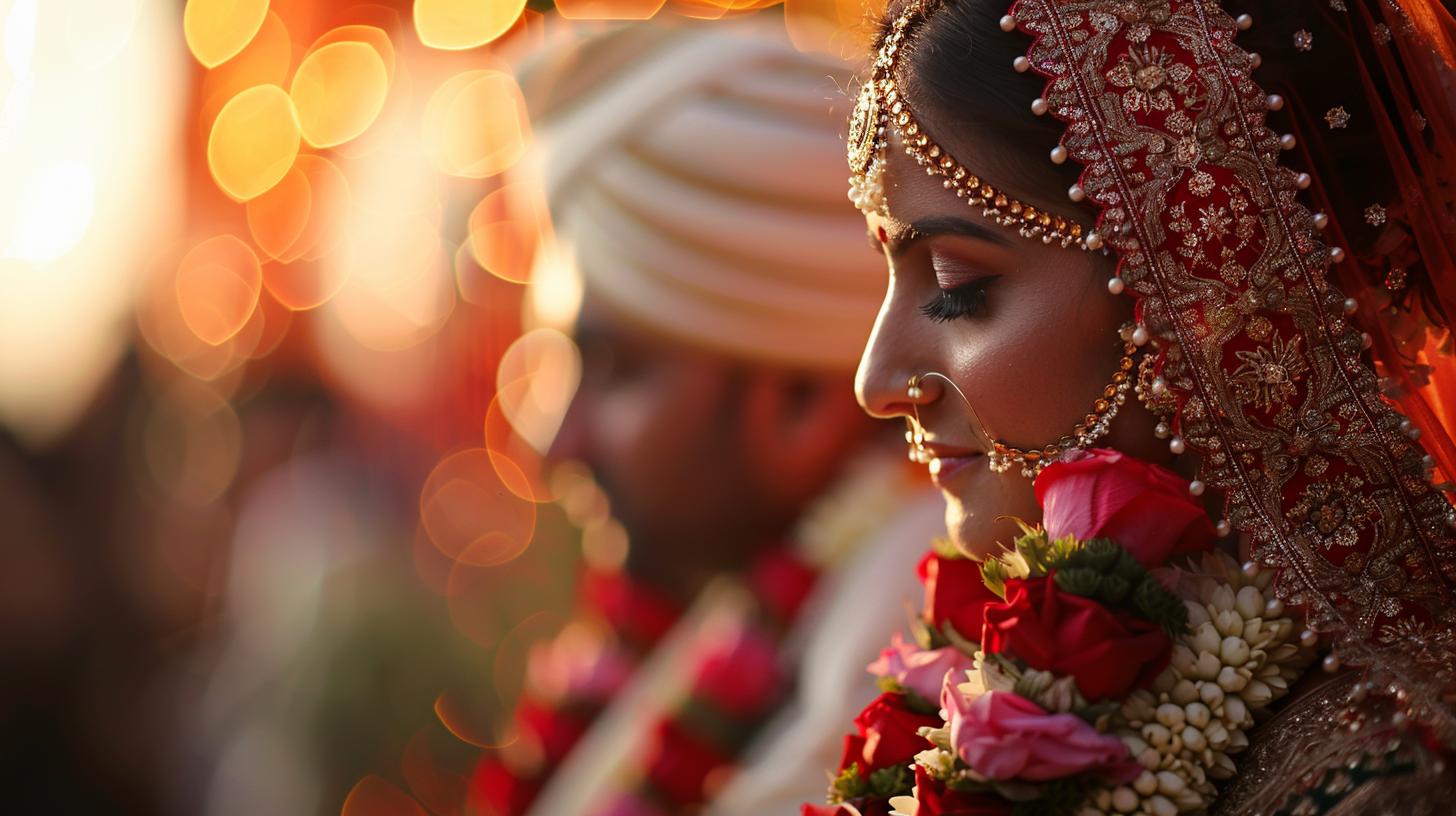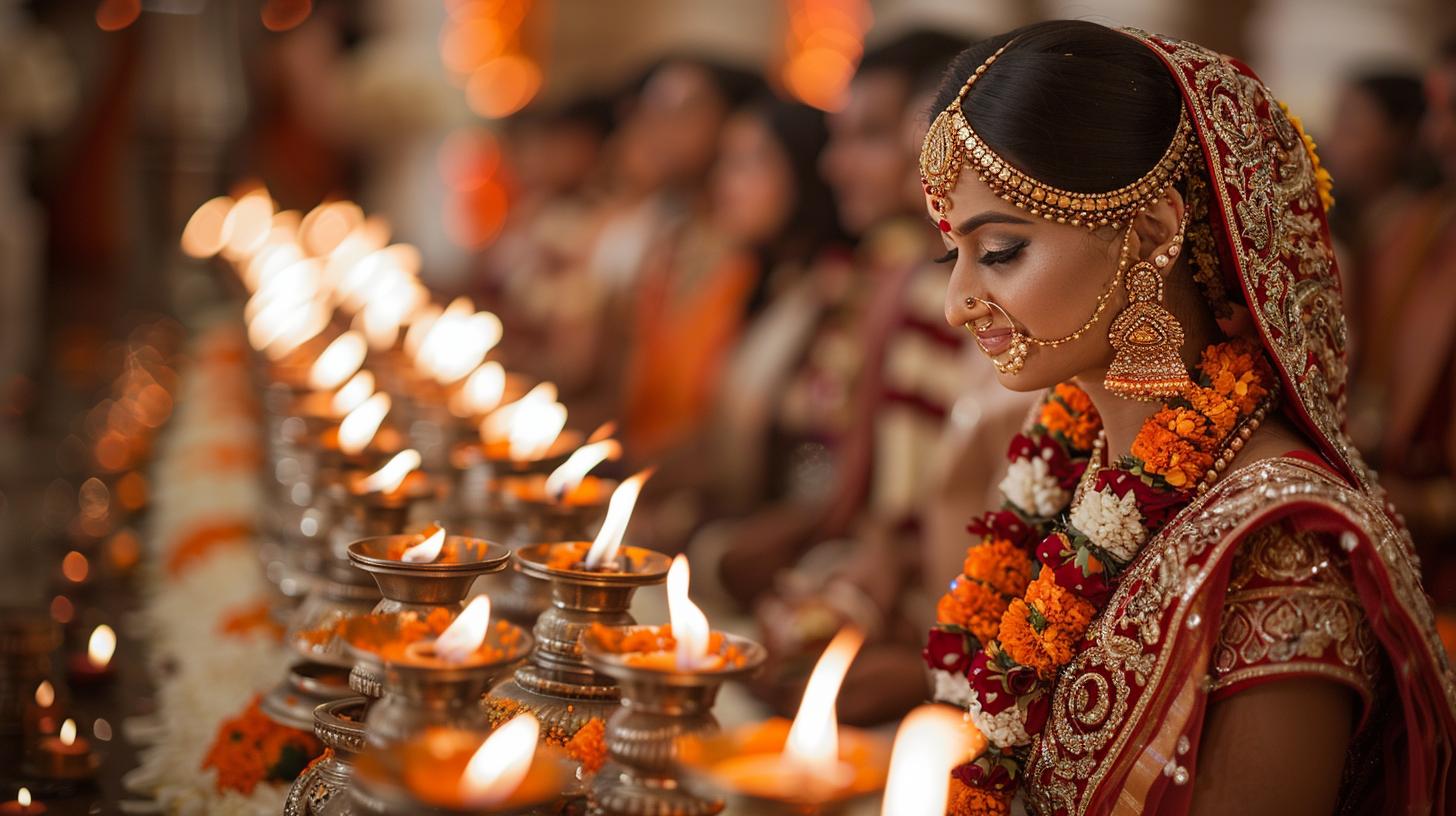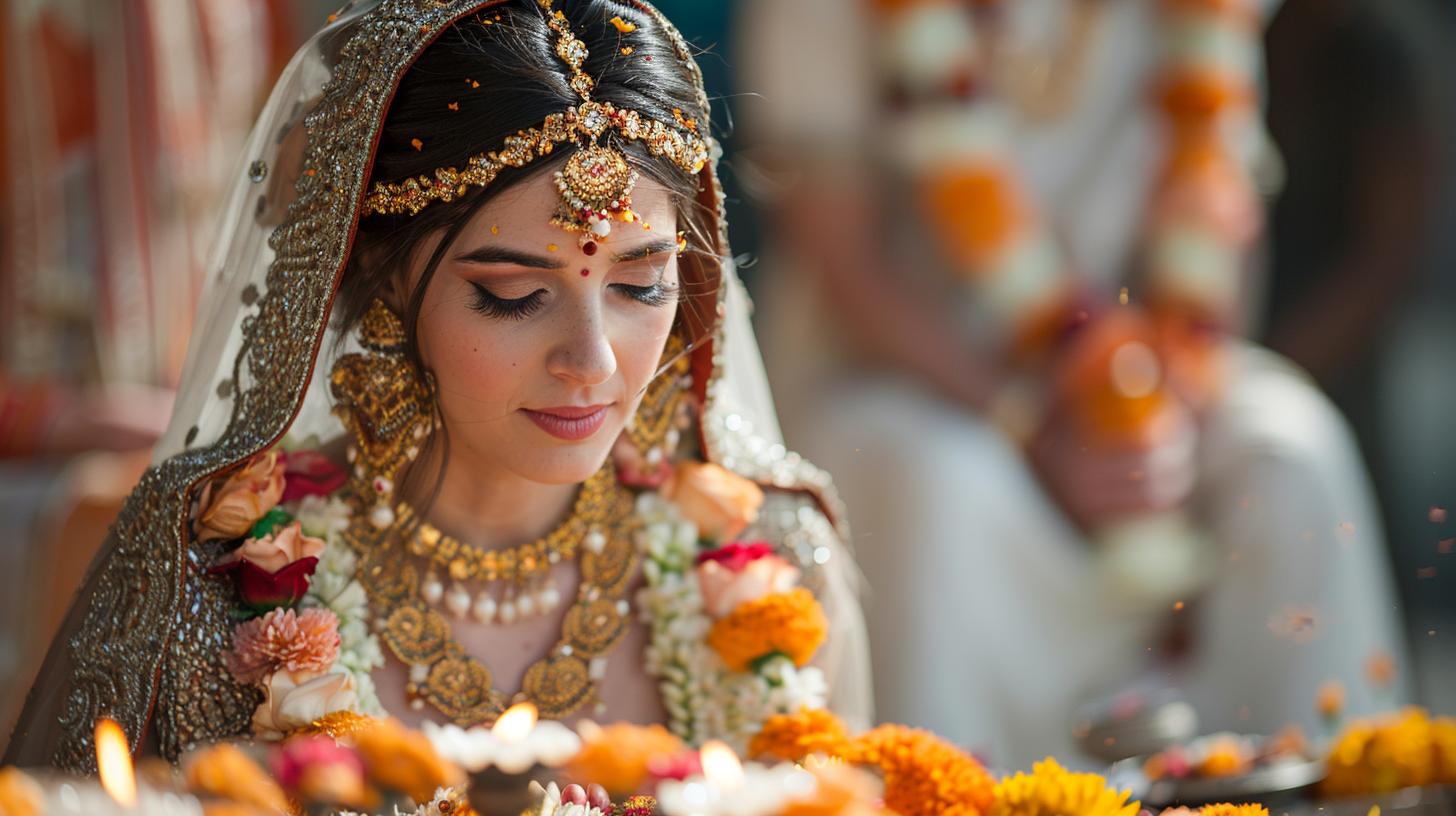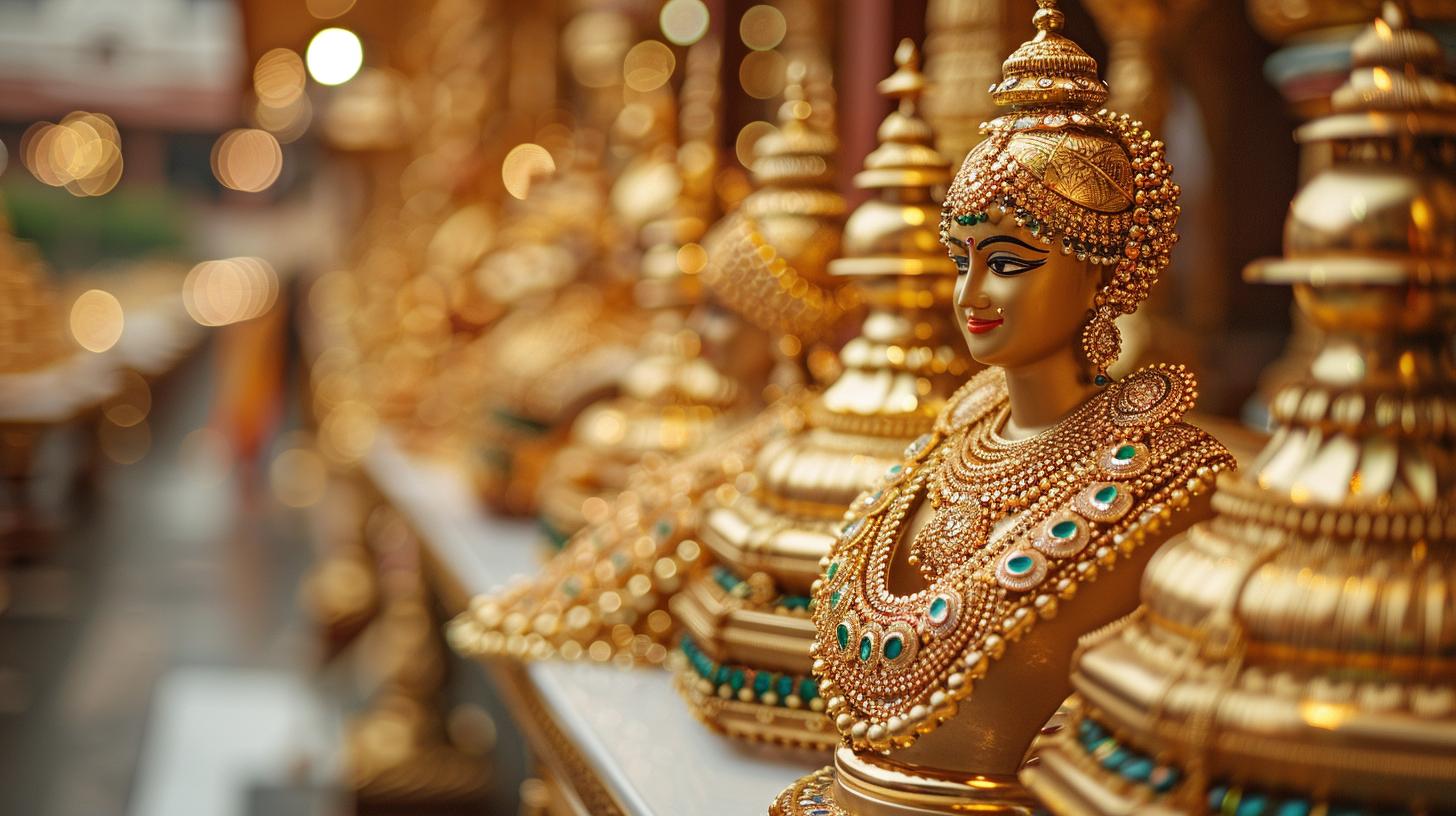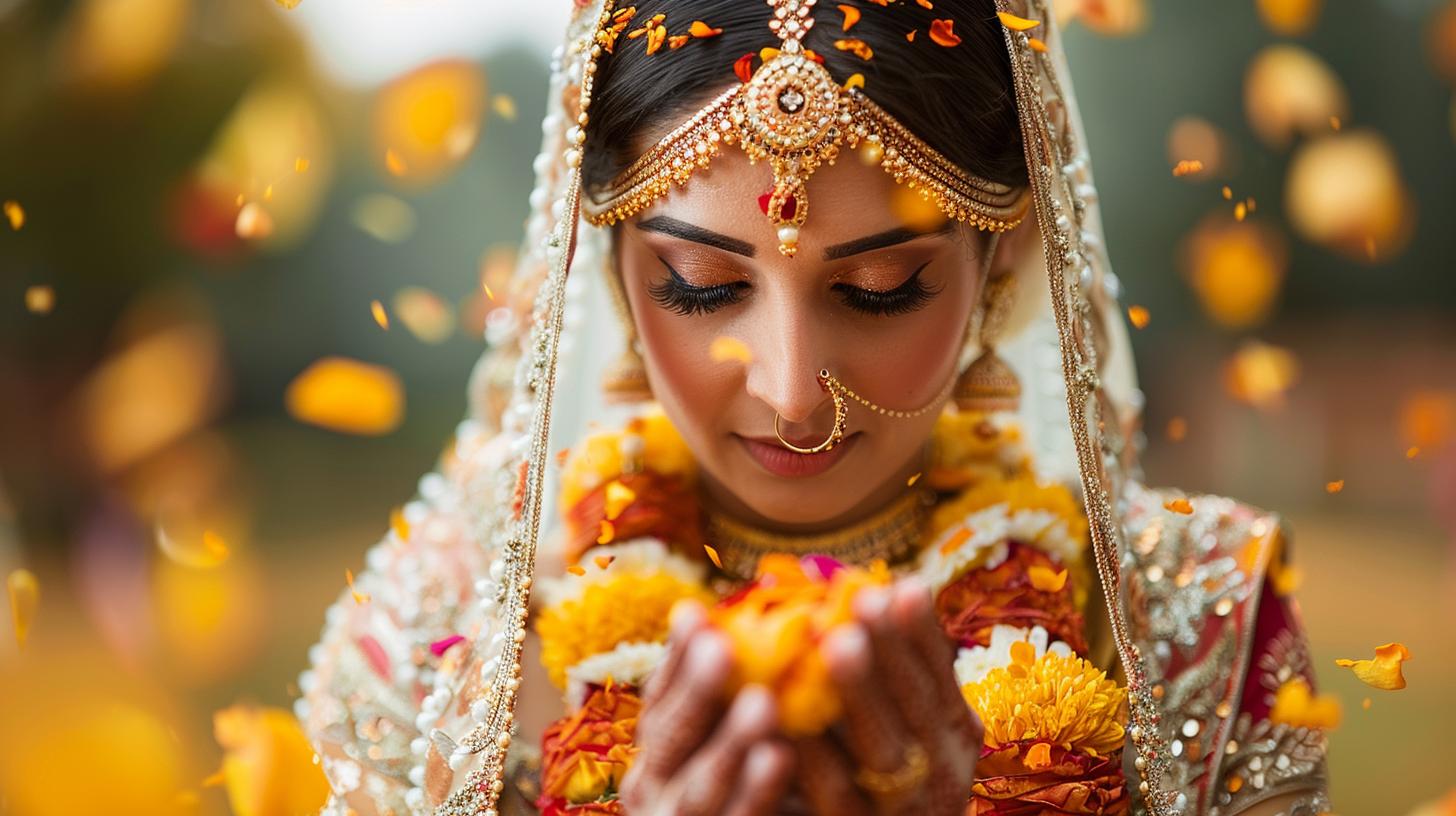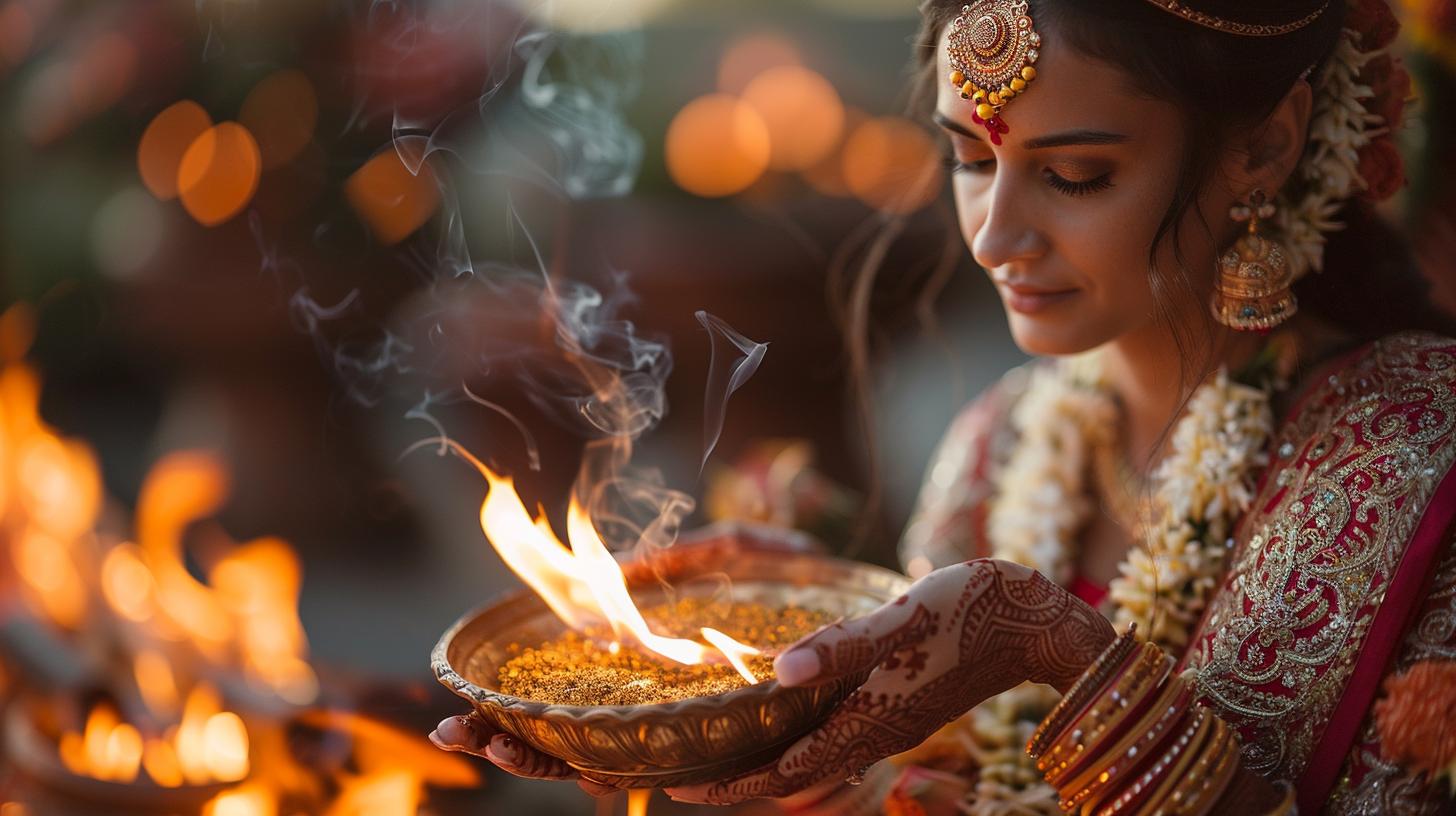How Long Do Indian Weddings Last: A Detailed Guide
Indian weddings traditionally last around 3 days, filled with significant ceremonies and celebrations. The first day includes the Ganesha Puja and Sangeet night. The Milni and Hindu wedding ceremony follow on subsequent days, each with unique rituals and cultural importance.
Guests enjoy vibrant attire and a variety of traditional foods throughout the festivities.
Overview of Indian Weddings
Indian weddings are vibrant celebrations filled with rich traditions and cultural significance.
Traditional Indian Wedding Duration
A traditional Indian wedding typically spans three days, with various ceremonies and rituals taking place throughout the celebration.
Past vs Present Duration
- Historically, Indian weddings could last up to five days, but in contemporary times, the duration has shortened to about three days.
- Despite the shorter duration, the essence and importance of the ceremonies remain unchanged.
Importance of Indian Wedding Ceremonies
Each ceremony and ritual in an Indian wedding holds profound significance, symbolizing the union of families and the beginning of a new chapter in the couple’s life.
Pre-Wedding Events
Pre-wedding events in Indian weddings are filled with vibrant traditions and festivities that set the stage for the upcoming nuptials. These events provide an opportunity for family and friends to come together and celebrate the union of two families.
Ganesha Puja Ceremony
The Ganesha Puja ceremony marks the auspicious beginning of the wedding festivities, invoking the blessings of Lord Ganesha for a successful and obstacle-free event. Family members gather for prayers and rituals to seek blessings for the couple’s future.
Sangeet and Raas-Garba Night
The Sangeet and Raas-Garba night is a lively celebration filled with music, dance, and joy. Guests participate in traditional dance performances, enjoy delicious food, and revel in the festive atmosphere. This event symbolizes the merger of both families in a joyous union.
Activities and Traditions
- Dance performances by family members
- Musical performances and singing
- Rituals symbolizing the unity of families
Mehndi Application and Festivities
The Mehndi application ceremony involves the intricate artwork of applying henna on the bride’s hands and feet. This artistic expression signifies beauty, joy, and spiritual awakening. The Mehndi ceremony is a time for relaxation and bonding with loved ones before the wedding day.
Wedding Day Events
Milni Ceremony
The Milni ceremony is a heartwarming tradition where the families of the bride and groom come together to exchange garlands and blessings. This symbolic gesture signifies the union of two families and the bond between them.
Hindu Wedding Ceremony
Rituals and Symbolism
The Hindu wedding ceremony is a sacred ritual that incorporates various traditions and customs. From the Kanyadaan, where the bride’s parents give her away, to the Saptapadi, where the couple takes seven steps together, each ritual symbolizes different aspects of marriage and commitment.
The Baraat and Reception
Arriving in style, the Baraat is a lively procession where the groom, accompanied by his family and friends, makes his way to the wedding venue. The Baraat is met with joy and celebration by the bride’s family, marking the beginning of the wedding festivities.
Emotions and Traditions
Vidaai Ceremony
The Vidaai ceremony marks an emotional moment where the bride bids farewell to her family, symbolizing her transition to a new chapter in her life as a married woman.
Dress Code and Guest Etiquette
Guests attending Indian weddings are expected to follow a colorful dress code, avoiding colors like black and white which are considered inauspicious.
Wearing vibrant and festive attire adds to the celebratory atmosphere of the event.
Importance of Colorful Attire
The emphasis on colorful attire in Indian weddings reflects the rich cultural heritage and festive spirit associated with these joyous occasions. It adds vibrancy and symbolism to the overall celebration.
Food and Culinary Experience
Indian weddings are not just about rituals and ceremonies; they also offer a culinary experience that showcases a blend of traditional and modern dishes.
Guests can enjoy a variety of flavorful and richly spiced foods during the festivities.
Modern Trends in Indian Weddings
As times change and preferences evolve, modern Indian weddings are witnessing a shift towards more intimate celebrations over large gatherings. This trend reflects a desire for a more personal and meaningful experience, focusing on creating memories with close friends and family.
Incorporating Traditional and Modern Elements
Many couples are opting to blend traditional customs with contemporary touches in their wedding ceremonies. By incorporating modern elements, such as personalized decor or innovative wedding themes, they add a unique and personal touch to their special day.
Personalization and Customization
- Couples are choosing to personalize every aspect of their wedding, from the invitations to the wedding favors.
- Customized wedding hashtags and interactive guest experiences are becoming popular ways to involve attendees in the celebration.
- Modern technology, like social media integration and virtual elements, are being utilized to enhance the overall wedding experience.
Significance of Indian Wedding Traditions
Indian wedding traditions hold deep cultural and spiritual significance, representing the rich heritage and beliefs of the diverse Indian communities.
Each ritual and ceremony carries symbolic meaning, emphasizing the importance of family, unity, and blessings for the couple’s future.
Uniqueness of Each Indian Wedding Experience
- Each Indian wedding is a unique and personalized celebration, reflecting the individuality and preferences of the couple and their families.
- The blend of traditional customs with modern elements adds a special touch to every wedding, creating memorable experiences for all involved.
- From the intricate mehndi designs to the vibrant attire and festive decorations, each wedding experience showcases the beauty and diversity of Indian culture.
.

